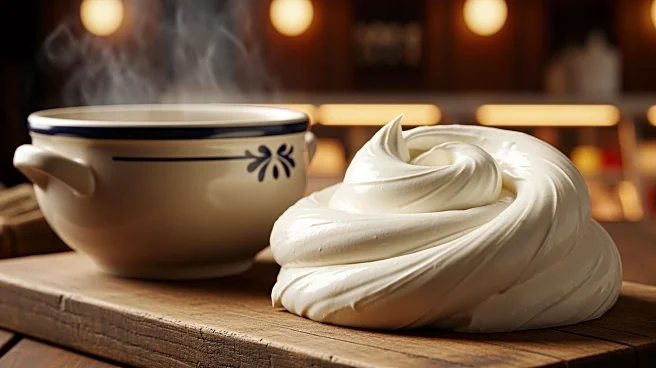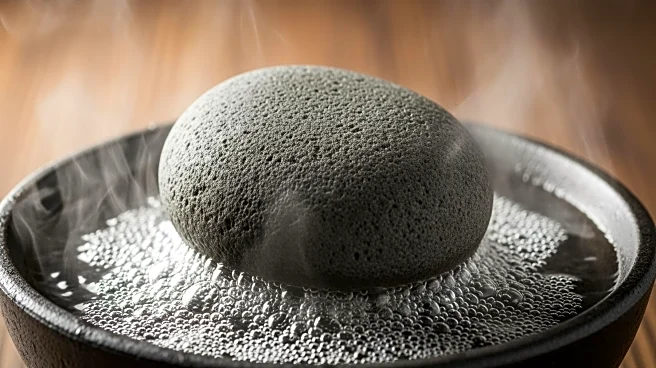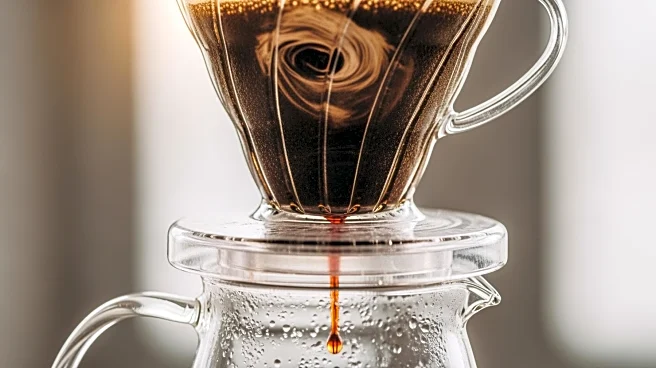Rapid Read • 8 min read
President Trump has imposed a 50% tariff on Brazilian exports, significantly affecting the acai berry market. Acai, a popular superfood in the United States, is primarily imported from Brazil, with the U.S. being the largest consumer. The tariffs have led to concerns among Brazilian producers about a potential surplus and price drop in local markets. Ailson Ferreira Moreira, an acai producer, expressed worries about the inability to sell the excess berries domestically. The tariffs are linked to the trial of former Brazilian President Jair Bolsonaro, who is under house arrest for his alleged involvement in a coup attempt. Despite some Brazilian exports being exempt from the tariffs, acai berries are not included. The Brazilian government has requested consultations with the World Trade Organization to address the tariffs.
AD
The tariffs on Brazilian acai exports could lead to increased prices for acai products in the U.S., affecting consumers and businesses that rely on this superfood. The U.S. acai market, which has seen explosive growth, may face disruptions, impacting both small and large importers. For Brazilian producers, the tariffs threaten their economic stability, as the U.S. is a major market for their product. The situation also highlights the broader implications of international trade policies and their impact on global supply chains. The tariffs could strain U.S.-Brazil relations, especially given their connection to political events in Brazil.
Brazil has initiated consultations with the World Trade Organization to challenge the tariffs imposed by the Trump administration. The outcome of these consultations could determine the future of acai exports to the U.S. and potentially lead to negotiations between the two countries. Brazilian producers and exporters are hopeful for a resolution that will allow them to regain access to the U.S. market. Meanwhile, U.S. businesses and consumers may need to adjust to higher prices or seek alternative sources for acai products.
The tariffs on acai exports underscore the complex interplay between international politics and trade. The situation raises questions about the ethical implications of using trade policies as leverage in political disputes. Additionally, the impact on Brazilian communities that rely on acai production highlights the vulnerability of local economies to global trade dynamics. The tariffs could also influence environmental conservation efforts in the Amazon, as acai production is linked to sustainable practices that protect the rainforest.
AD
More Stories You Might Enjoy











